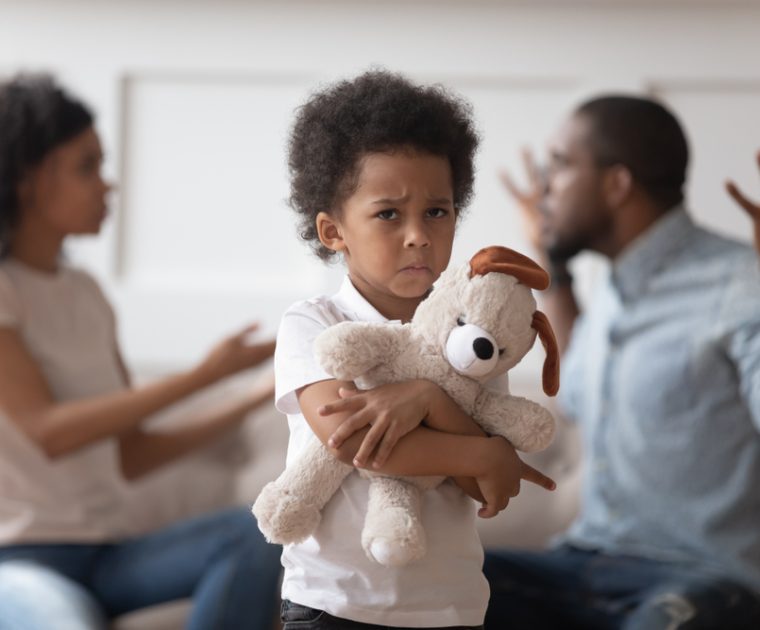The Impact of Financial Stress on Domestic Violence

Staggering? Yes. Data collected from the National Resource Center on Domestic Violence indicates the recession that started in 2007, and continued through 2008/2009, created the highest unemployment level since the early 1980s. As the recession progressed, unemployment climbed and foreclosures rose, so did the statistics on domestic violence. While no society is ever static, and things are constantly changing; simultaneously, there is a huge link between domestic violence and financial stress.
Some statistics reveal that domestic violence increases when women’s financial status has decreased and there seems to be less evidence of domestic violence when women’s social status has increased. This might be so because some women in higher economic brackets have more access to services, e.g. health care, education, they can relocate, find better jobs in different states, they have access to cash flow and more options are readily available to them, or they nonchalantly keep up the “status quo” by living in denial. On the other hand, some reasons why many women stay trapped in abusive relationships: employment issues, poverty, lack of education, lack of or inadequate social support networks, child care issues, cumulative stress issues resulting in lack of empowerment, physical and mental health problems, fear of threats and/or violence against family members, lack of emotional support from family, friends, and abusive partners often sabotage their efforts to find and keep work.
We know that domestic violence has been prevalent long before any recession. If truth be told, and even if we ourselves have never been victims of domestic violence, we might have witnessed incidents of domestic violence at home, at someone else’s home or on the street. One television show, Law & Order (Special Victims Unit) has made quite an impact in bringing the issue closer to home. Some reasons why men have used aggression against women for a long time— suffering from alcohol and substance abuse, impotency, psychological baggage from childhood, participation in war and lack of education, to name a few.
In 2009, the incident of domestic violence involving Rihanna and Chris Brown made national as well as international headlines. Interviewing with Diane Sawyer, Rihanna emphatically stated “When I realized that my selfish decision for love could result into some young girl getting killed, I could not be easy with that part. I couldn’t be responsible…If Chris ever hit me again, who’s to say that their boyfriend won’t…kill these girls.” From that moment, we might have envisioned a stronger Rihanna. As fans, we might have expected her to reclaim her power not only as a woman, but also as a person worthy of the best, emerging as a newer kind of role model. Unfortunately, just three months later Rihanna released her seventh album “Unapologetic,” in which she and Brown recorded the song, “Nobody’s Business,” sending new messages. As an entertainer though, it was everybody’s business.
The Rihanna/Chris Brown incident has made it crystal clear: Domestic violence knows no boundaries; it makes no difference of how rich or poor a person is, how beautiful or intelligent a woman is. It breaks down all barriers of socio-economic status, ethnicity, and geographic location. Remember, there are incidents of domestic violence in same sex relationships, and also in relationships involving older women, but enough data has not been collected. In a patriarchal society, domestic violence borders on male power exercising dominance and control over the woman—her body and her right to live equally among men because she is still today considered the lesser (weaker) sex. Even when a woman raises her economic and earning potential via hard work and education, she is often still seen as a threat to her unemployed spouse, or a partner who makes less income than she does. She nonetheless becomes a target for domestic violence in the home as one of the most vicious cycles of dark ages long past, continues today.
Still, far too many women have remained inside the boundaries of silence and shame. Economic stress and domestic violence have far reaching and devastating effects on women and their psyche. It extends to children, the community, and also to society at large. When a woman is battered she loses all self-worth and respect; she, over time, because of the lack of stability in the home, becomes unfit as a mother, wife and career person. Her contribution to society is drastically muted; it becomes void of productivity. She endures a seemingly invisible life except maybe for seeking help with those who are a part of the social services systems (Public Assistance, Welfare). Without empowerment, career rehabilitation and stronger emotional support systems (individual, family and children, group counseling), a battered woman is unlikely to reenter the society’s communities to contribute holistically as she was so created to do.





Leave a Reply